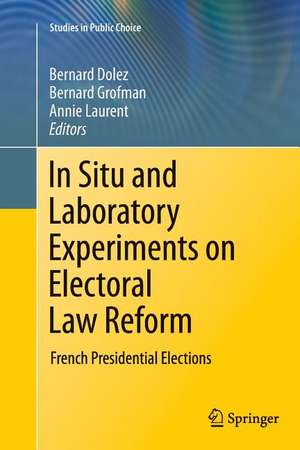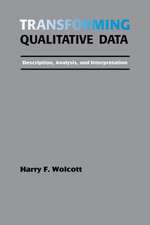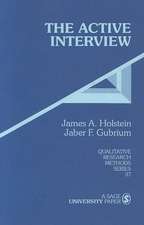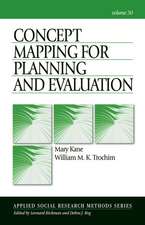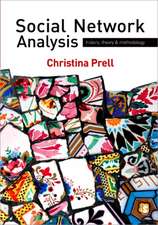In Situ and Laboratory Experiments on Electoral Law Reform: French Presidential Elections: Studies in Public Choice, cartea 25
Editat de Bernard Dolez, Bernard Grofman, Annie Laurenten Limba Engleză Paperback – 25 ian 2013
| Toate formatele și edițiile | Preț | Express |
|---|---|---|
| Paperback (1) | 635.01 lei 6-8 săpt. | |
| Springer – 25 ian 2013 | 635.01 lei 6-8 săpt. | |
| Hardback (1) | 641.03 lei 6-8 săpt. | |
| Springer – 10 dec 2010 | 641.03 lei 6-8 săpt. |
Din seria Studies in Public Choice
-
 Preț: 542.84 lei
Preț: 542.84 lei - 18%
 Preț: 958.38 lei
Preț: 958.38 lei - 20%
 Preț: 579.92 lei
Preț: 579.92 lei - 18%
 Preț: 780.82 lei
Preț: 780.82 lei -
 Preț: 395.09 lei
Preț: 395.09 lei - 5%
 Preț: 370.58 lei
Preț: 370.58 lei -
 Preț: 381.81 lei
Preț: 381.81 lei - 18%
 Preț: 1228.77 lei
Preț: 1228.77 lei - 15%
 Preț: 637.46 lei
Preț: 637.46 lei - 18%
 Preț: 942.63 lei
Preț: 942.63 lei - 15%
 Preț: 640.71 lei
Preț: 640.71 lei - 15%
 Preț: 633.53 lei
Preț: 633.53 lei - 18%
 Preț: 945.62 lei
Preț: 945.62 lei - 20%
 Preț: 560.55 lei
Preț: 560.55 lei - 18%
 Preț: 947.50 lei
Preț: 947.50 lei - 15%
 Preț: 632.37 lei
Preț: 632.37 lei - 15%
 Preț: 635.15 lei
Preț: 635.15 lei - 15%
 Preț: 634.49 lei
Preț: 634.49 lei - 15%
 Preț: 638.89 lei
Preț: 638.89 lei -
 Preț: 381.81 lei
Preț: 381.81 lei - 15%
 Preț: 640.88 lei
Preț: 640.88 lei -
 Preț: 385.62 lei
Preț: 385.62 lei -
 Preț: 393.13 lei
Preț: 393.13 lei - 15%
 Preț: 697.00 lei
Preț: 697.00 lei - 15%
 Preț: 586.70 lei
Preț: 586.70 lei -
 Preț: 389.31 lei
Preț: 389.31 lei - 15%
 Preț: 643.84 lei
Preț: 643.84 lei - 18%
 Preț: 727.00 lei
Preț: 727.00 lei
Preț: 635.01 lei
Preț vechi: 747.06 lei
-15% Nou
Puncte Express: 953
Preț estimativ în valută:
121.53€ • 126.40$ • 100.33£
121.53€ • 126.40$ • 100.33£
Carte tipărită la comandă
Livrare economică 14-28 aprilie
Preluare comenzi: 021 569.72.76
Specificații
ISBN-13: 9781461427827
ISBN-10: 1461427827
Pagini: 184
Ilustrații: X, 174 p.
Dimensiuni: 155 x 235 x 10 mm
Greutate: 0.27 kg
Ediția:2011
Editura: Springer
Colecția Springer
Seria Studies in Public Choice
Locul publicării:New York, NY, United States
ISBN-10: 1461427827
Pagini: 184
Ilustrații: X, 174 p.
Dimensiuni: 155 x 235 x 10 mm
Greutate: 0.27 kg
Ediția:2011
Editura: Springer
Colecția Springer
Seria Studies in Public Choice
Locul publicării:New York, NY, United States
Public țintă
ResearchCuprins
Editors’ Introduction: The Role of Controlled Experiments in Evaluating Proposed Institutional Reforms.- Election by Majority Judgement: Experimental Evidence.- French Presidential Elections: A Field Experiment on the Single Transferable Vote.- A Framed Field Experiment on Approval Voting and Evaluation Voting.- Lessons From In Situ Experiments during French Elections.- Measuring Duvergerian Effects of the French Majority Runoff System with Laboratory Experiments.- French Double Ballot Effects: American Experiments.
Textul de pe ultima copertă
In the modern era, representation is the hallmark of democracy, and electoral rules structure how representation works and how effectively governments perform. Moreover, of the key structural variables in constitutional design, it is the choice of electoral system that is usually the most open to change. There are three distinctive approaches to electoral system research. One, associated largely with economics, involves the study of electoral system effects through the deductive method, using mathematical tools to derive theorems about the properties of voting methods and behaviors. A second, associated largely with political science, has a primarily empirical focus, and looks in depth at how electoral rules impact on political outcomes, through large cross-sectional or case studies. A third, and more recent tradition, inspired largely by work in experimental economics, involves experimentation, either in the form of controlled laboratory experiments or in the form of in situ field studies. This volume employs the third approach to report on experiments that look at alternatives to the present two round (majority runoff) system used for the election of French presidents. This system is of considerable importance not just because of its use in France but also because of its wide adoption in presidential elections in new democracies, such as Bulgaria, Poland, Romania, Russia and Ukraine. The editors have assembled the top experimental economists and political scientists specializing in French politics to provide in-depth analysis of the double ballot electoral system, and, more broadly, of the effect of electoral rules on the number of candidates, voter strategies, and ideological choice. Ultimately, the editors and contributors argue that experimental methods have great potential to inform our understanding of institutional mechanisms in the context of voting behavior.
Caracteristici
Features contributions from the top experimental economists and political scientists specializing in French politics Compares French experience to other countries, including Poland, Russia, Ukraine, the U.S., and Canada Considers implications not only for actual voting behavior but for research methodology Includes supplementary material: sn.pub/extras
